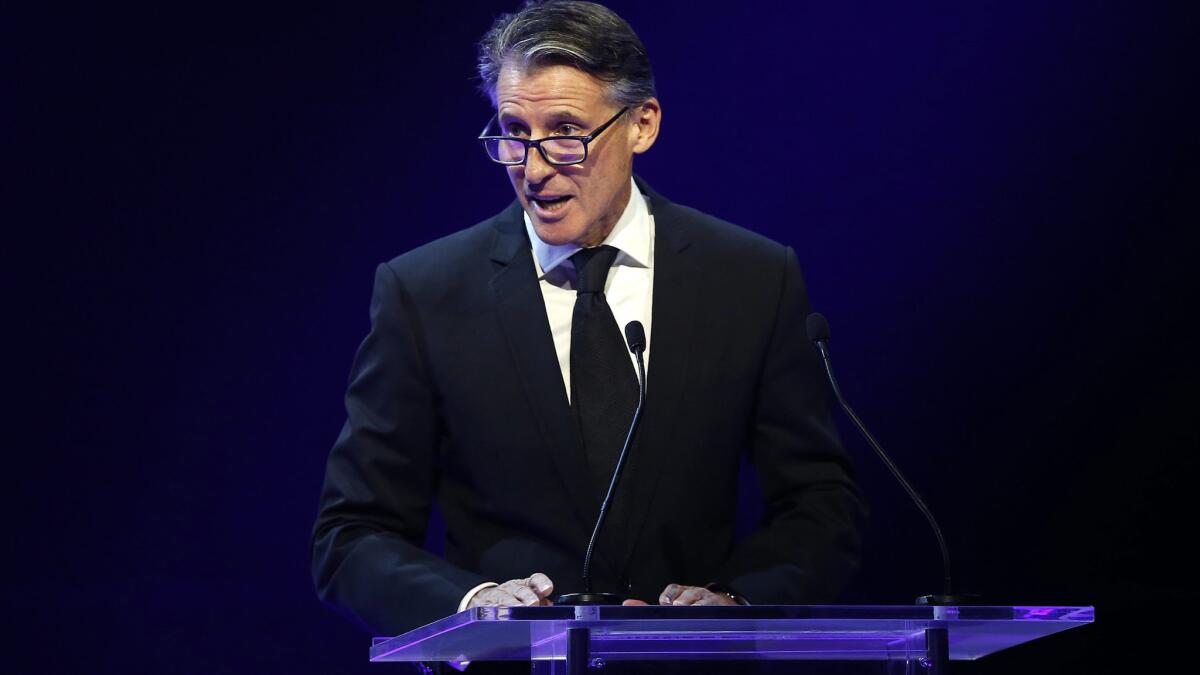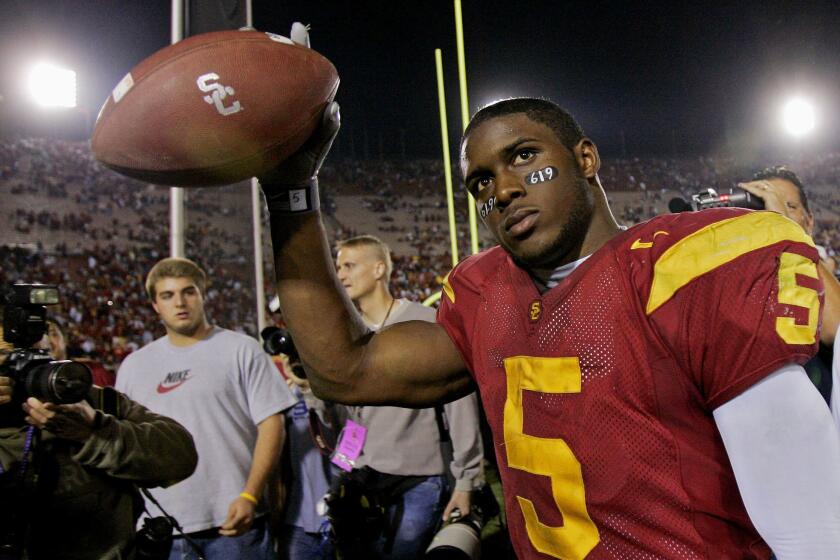Track and field leaders approve sweeping reforms in wake of corruption and doping scandals

Track and field leaders have overwhelmingly approved broad changes championed by the sport’s president, Sebastian Coe, to turn a corner on reputation-wrecking corruption and doping scandals.
Coe’s “Time for Change” package of reforms to the sport’s governance won a 95% majority from 192 countries on Saturday that cast valid votes at a special congress of the IAAF.
Warning that “we cannot let this happen again,” Coe said too much power had been concentrated in too few hands under his predecessor, Lamine Diack, now facing corruption and money-laundering charges in France.
“Our sport, our family, is under threat,” he said.
Delegates stood up one after the other to voice support for Coe’s calls for bold change before casting ballots.
“We need to act now to save our sport,” said women’s marathon record-holder, Paula Radcliffe, speaking for Britain.
Most notably, Coe gets his wish for a new unit, largely independent of the IAAF, to handle doping cases involving international-level athletes, taking that job away from IAAF member countries. The IAAF argues the change will quicken the punishment of cheats, make punishments more uniform, and remove opportunities for favoritism and corruption. The IAAF wants the so-called integrity unit launched by April.
Women will be equally represented on the IAAF ruling council by 2023, and council members — including the president — will be limited to no more than three four-year terms. There will be broader vetting of IAAF officials, and athletes will double their council representation from one seat to two.
The massive support from delegates for the changes represented a significant victory for Coe, whose presidency was almost immediately plunged into crisis after he took over from Diack in August 2015.
Coe recalled how French police officers raided IAAF offices, seizing files, when he was just settling in. He noted that recent additional “grotesque” revelations of wrongdoing under Diack spoke of “extraordinary sums of money allegedly changing hands.”
“You should all feel violated,” Coe said. “This is money that could have been used for the development of athletics.”
The reforms will ensure that “never again can one person wield unchecked power,” and were required for the multi-million dollar business that athletics has become, the former Olympic middle-distance running champion said.
“We’re putting in place a framework that should have been there years ago,” he said.
The vote of 182 countries for, with just 10 against, wasn’t the only boost for the IAAF’s efforts to turn a new page.
Japanese sportswear manufacturer Asics was set to be unveiled as a new sponsor on Saturday, after Adidas cut short its commercial agreement with the IAAF that had been due to run until 2019. An IAAF official who spoke on condition of anonymity because Coe hadn’t yet announced the deal, said Asics is signing up for at least three years, through the 2017 and 2019 world championships.
While some delegates expressed reservations about the reform package and the open vote that made it possible to see which countries opposed the measures, many others took the floor to voice support and warn that the sport risked being left behind if it failed to send a strong message of embracing reform.
“We have to save athletics,” said Ethiopian running great Haile Gebrselassie, president of his country’s athletics federation. “It does need cleaning,” said former Olympic and world javelin champion Andreas Thorkildsen. “That’s just a fact.”
ALSO
‘Very solid’ Ingram a bright spot in Lakers’ loss
John Elway, the greatest Bronco ever, is also the John Elway of NFL general managers
Big tension in Texas: College Football Playoff committee has a lot on its plate
More to Read
Get our high school sports newsletter
Prep Rally is devoted to the SoCal high school sports experience, bringing you scores, stories and a behind-the-scenes look at what makes prep sports so popular.
You may occasionally receive promotional content from the Los Angeles Times.






